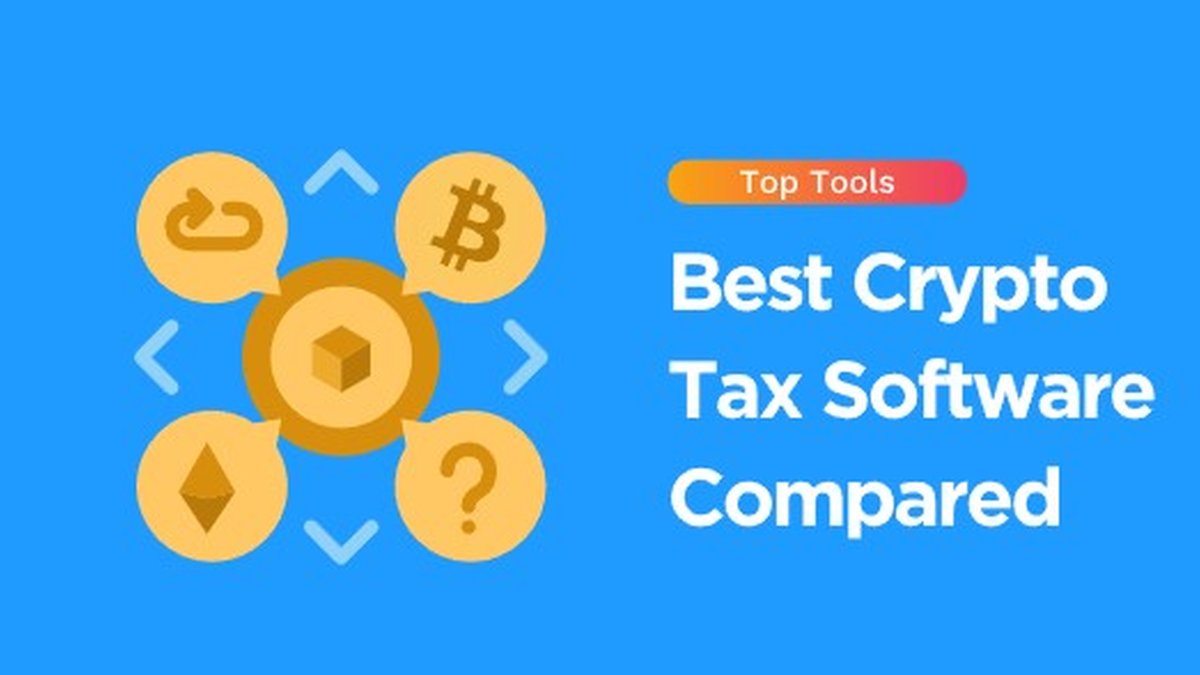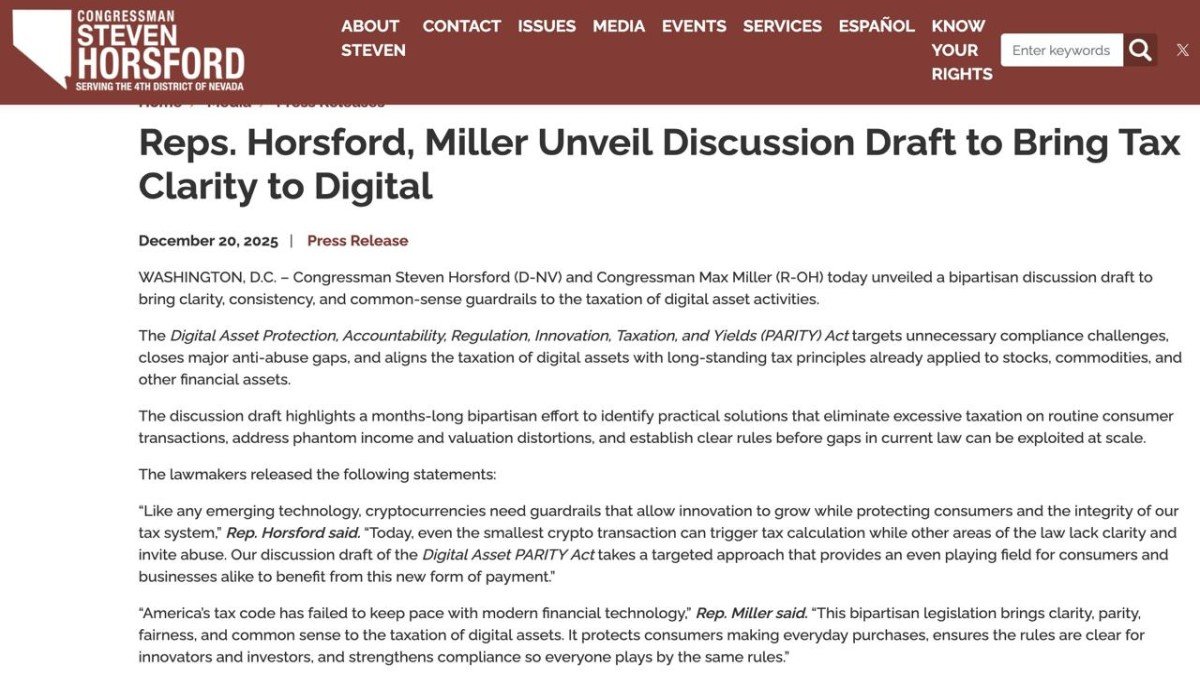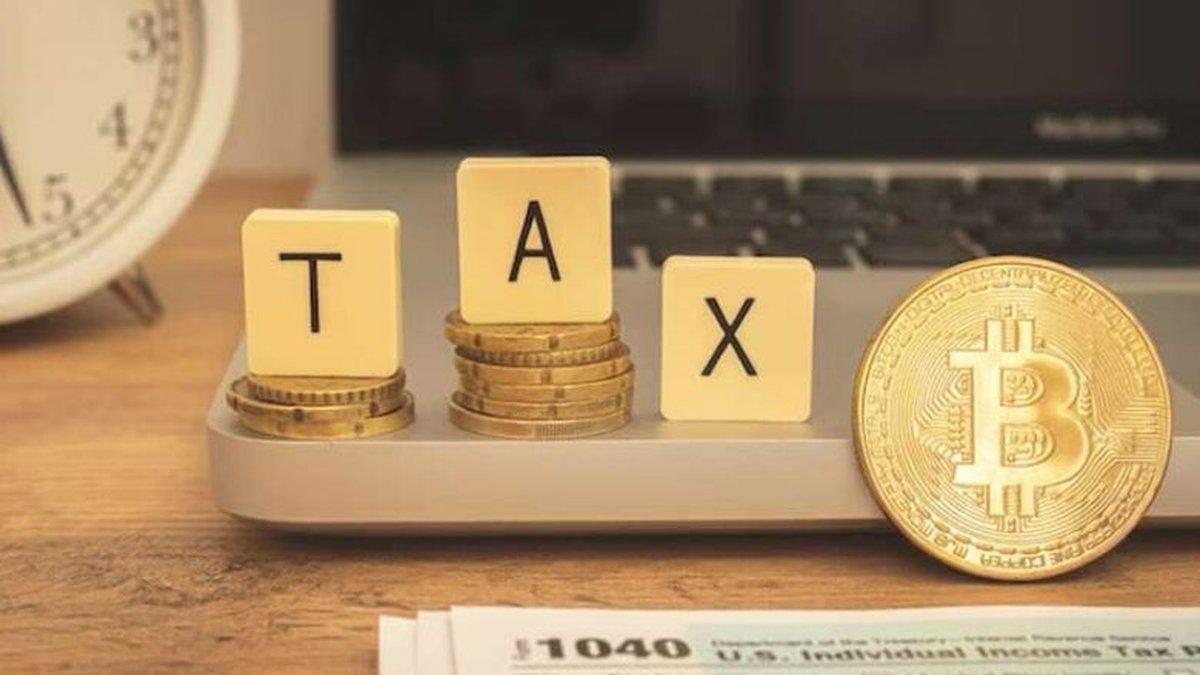Top Crypto Tax Software Solutions Compared (2025 Update)
As cryptocurrency adoption continues to rise globally, governments and tax authorities are stepping up their regulatory oversight. Investors and traders now face increasing pressure to accurately report their crypto transactions. To simplify compliance and avoid penalties, crypto tax software has become an essential tool. In this article, we compare the top crypto tax software solutions in 2025, analyzing their features, integrations, pricing, and suitability for different user profiles—from casual traders to professional investors.
Why Crypto Tax Software Matters in 2025
Cryptocurrency taxation remains complex due to the wide range of activities involved—spot trading, staking, DeFi yields, NFTs, and cross-chain swaps. Each event may have different tax implications depending on your jurisdiction. Manually tracking all transactions across multiple wallets and exchanges can be error-prone and time-consuming. That’s where crypto tax software comes in. These platforms automate data aggregation, calculate capital gains, and generate tax reports compatible with local regulations.
Key Benefits
- Automation: Automatically imports transactions via API or CSV.
- Accuracy: Uses real-time price data and tax rules to compute gains and losses.
- Compliance: Generates reports accepted by tax authorities such as the IRS, HMRC, and ATO.
- Audit-readiness: Maintains clear records for audits or future reviews.
Top Crypto Tax Software Platforms (2025)
1. Koinly
Koinly remains one of the most popular tax tools thanks to its simplicity, global support, and extensive integrations. It supports over 700 exchanges, 100 blockchains, and major DeFi protocols. Users can generate localized tax reports, including Form 8949 for U.S. taxpayers. Its real-time dashboard helps investors track portfolio performance alongside tax liabilities.
- Pros: Clean interface, extensive integrations, supports NFTs, multi-country support.
- Cons: Free plan limited; advanced features behind premium tiers.
2. CoinTracker
CoinTracker offers seamless synchronization with exchanges like Coinbase, Binance, and Kraken. It’s trusted by major wallets and integrates directly with TurboTax. CoinTracker excels at simplicity, making it ideal for retail investors who prioritize usability. Its portfolio insights also help with rebalancing and tax-loss harvesting.
- Pros: Great UX, TurboTax integration, mobile app available.
- Cons: Limited DeFi and NFT support, premium pricing for high transaction volumes.
3. CoinLedger (formerly CryptoTrader.Tax)
CoinLedger focuses on fast, accurate tax reporting. It’s especially popular among U.S. taxpayers. Users can import transactions from 300+ platforms and export IRS-compliant reports. CoinLedger also provides a guided tax-loss harvesting tool, making it attractive for investors looking to optimize returns.
- Pros: Affordable, IRS-ready forms, integrates with tax professionals.
- Cons: Less suitable for heavy DeFi users.
4. Accointing
Accointing combines tax reporting with powerful analytics. It offers dashboards for portfolio tracking, performance visualization, and social trading comparisons. It supports U.S., U.K., German, and Swiss tax rules. Users can generate reports in minutes and understand how their transactions impact overall gains.
- Pros: Strong analytics, great for multi-country users.
- Cons: DeFi support improving but still limited.
5. ZenLedger
ZenLedger is known for its advanced reporting tools and robust support for complex transactions. It supports DeFi, NFTs, staking, and yield farming. ZenLedger is also favored by accountants and CPAs for its IRS integration and audit support.
- Pros: Comprehensive features, audit support, DeFi-friendly.
- Cons: Higher cost for professional plans.
Comparison Table
| Platform | Best For | Integrations | NFT/DeFi Support | Starting Price |
|---|---|---|---|---|
| Koinly | Global investors | 700+ | Yes | $49/year |
| CoinTracker | Casual traders | 500+ | Partial | $59/year |
| CoinLedger | U.S. taxpayers | 300+ | Limited | $49/year |
| Accointing | Analytical users | 400+ | Partial | $79/year |
| ZenLedger | Advanced users | 500+ | Yes | $69/year |
Choosing the Right Platform
Consider Your Trading Profile
If you’re a casual trader with a few transactions, a simple platform like CoinTracker may suffice. Active traders or DeFi enthusiasts should opt for Koinly or ZenLedger due to broader integrations. If you’re primarily in the U.S., CoinLedger’s IRS-focused reports may be best.
Check Jurisdiction Compatibility
Ensure your chosen software supports your country’s tax laws. Some platforms specialize in specific jurisdictions, while others provide multi-country coverage.
Assess Data Security
Given the sensitivity of financial data, prioritize software that offers strong encryption, GDPR compliance, and minimal data sharing.
Future Trends in Crypto Taxation
By 2025, regulatory frameworks are becoming more consistent. The OECD’s Crypto-Asset Reporting Framework (CARF) and the EU’s MiCA regulations are pushing for standardized disclosures. This will likely lead to deeper integration between tax software and government systems. AI-driven reconciliation and real-time reporting could become standard.
Conclusion
With tax authorities increasing scrutiny, using reliable crypto tax software is no longer optional—it’s a necessity. The right tool can save you time, ensure compliance, and optimize your tax outcomes. In 2025, Koinly and ZenLedger lead the field for comprehensive users, while CoinTracker and CoinLedger excel in simplicity and U.S. compliance. Choose based on your trading habits, jurisdiction, and complexity of activities.
Further Reading and Resources
Best Crypto Apps | Crypto Tax | SEC Coin
Frequently Asked Questions
Which crypto tax software is best for DeFi? Koinly and ZenLedger currently offer the most robust DeFi integrations.
Can I use these tools if I trade NFTs? Yes. Koinly, ZenLedger, and Accointing support NFT transaction imports.
Are these platforms safe? All listed tools use encryption and comply with data protection laws. Always enable two-factor authentication.
Do I still need an accountant? For complex cases, especially involving multiple jurisdictions, consulting a crypto tax professional is recommended.





